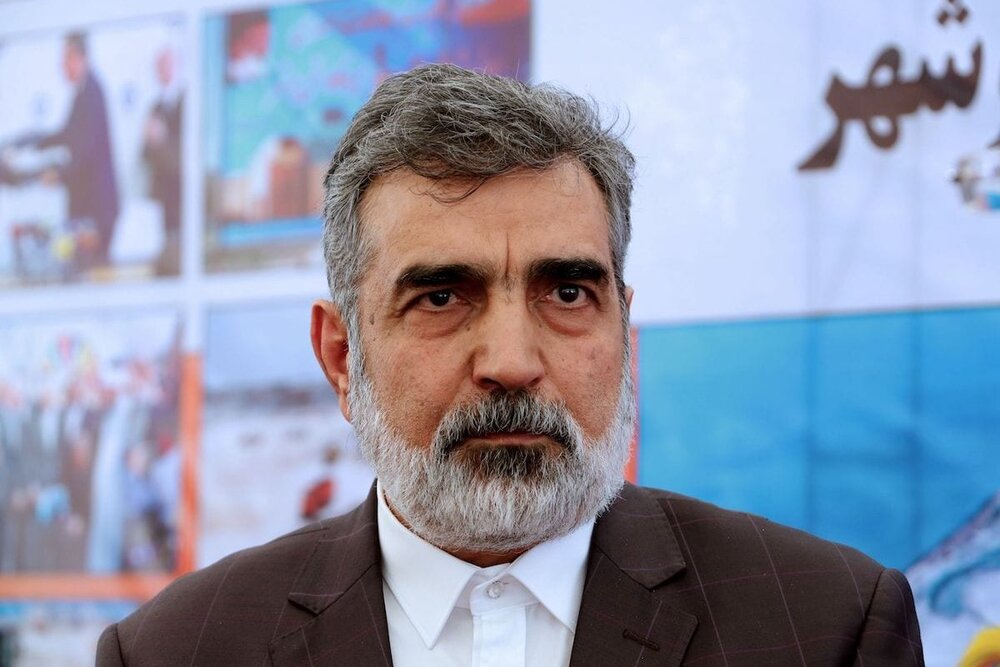INSUBCONTINENT EXCLUSIVE:
TEHRAN- Behrouz Kamalvandi, the spokesman for the Atomic Energy Organization of Iran (AEOI), has criticized the International Atomic Energy
Agency (IAEA) for making excessive demands from Iran that go beyond the parameters of the Safeguards agreement, asserting that the sanctions
prevent the requirements of the UN nuclear agency from being fulfilled.In a radio interview on Tuesday, Kamalvandi highlighted that the
United States slapped sanctions on Iran after it pulled out of the 2015 nuclear agreement, and that the IAEA's current demands are seen
nuclear materials, and as per that agreement, Iran is expected to tell the IAEA about the quantity, location, and usage of its nuclear
materials.He went on to say that as part of the Additional Protocol, countries, including Iran, subject their uranium enrichment equipment
to inspection by the UN nuclear agency.The official also pointed out that the nuclear agreement, which has run into problems as a result of
the United States 's exit, permits the IAEA to carry out further inspections of Tehran's nuclear activities."However, as part of a law
adopted by the Majlis (Iranian Parliament) in December 2020 in response to Washington's withdrawal from the Iran nuclear deal and the
European signatories' failure to uphold their contractual obligations to Iran, Tehran's cooperation with the agency is currently limited
to the Safeguards agreement due to a number of issues."In reference to Iran's decision to turn off 27 IAEA monitoring cameras from various
nuclear sites, he said, "If the other parties return to their obligations, it would be conceivable for these equipment and cameras to start
operating again."In July, AEOI chief Mohammad Eslami indicated that Tehran will keep the IAEA cameras, which were put in excess of the
parties to the 2015 pact return to the agreement and Tehran becomes certain that they will not perform any acts of mischief."Although Iran
has always cooperated with the IAEA and allowed it to fully examine its nuclear facilities, but the nuclear body is criticized for its
failure to cooperate fully with the agency.Iranian officials blasted the United States and the European trio (France, Britain and Germany)
for supporting the censure resolution, calling the action reckless
Tehran has been insisting that the Israeli regime actively influences the IAEA and this action has harmed Israel's cooperative
relationship with the nuclear watchdog.Back in June, Eslami stated that increased propaganda against Tehran's peaceful nuclear program,
including the latest UN nuclear watchdog decision, is part of the West's maximum pressure policy against the Iranian people.Although Iran
only has 3% of the world's nuclear activities, it is subject to more than 25% of inspections by the IAEA, he said.The Iranian nuclear
director pointed to the most recent IAEA board resolution submitted by the United States and E3, emphasizing that it was the final test by
the adversaries.Iranian Foreign Minister Hossein Amir Abdollahian responded to the IAEA's action by asserting that the recent UN nuclear
watchdog decision was an American scheme to pressure Tehran into making concessions in the Vienna negotiations.

